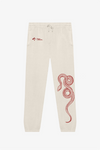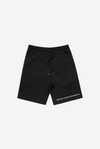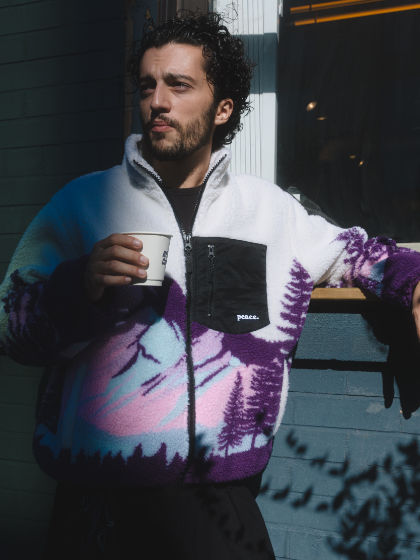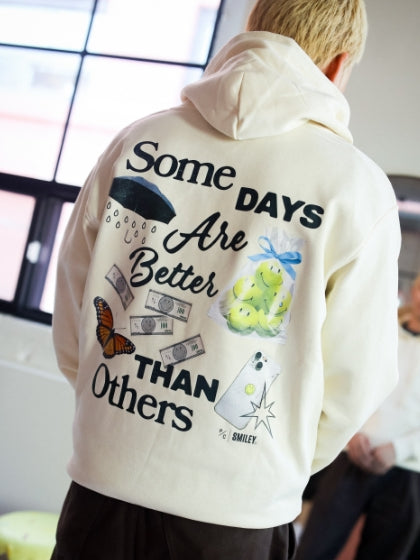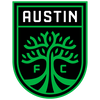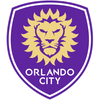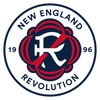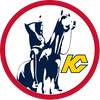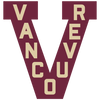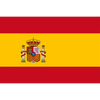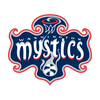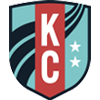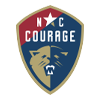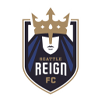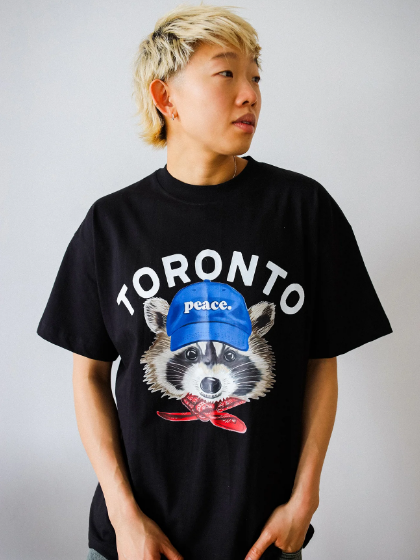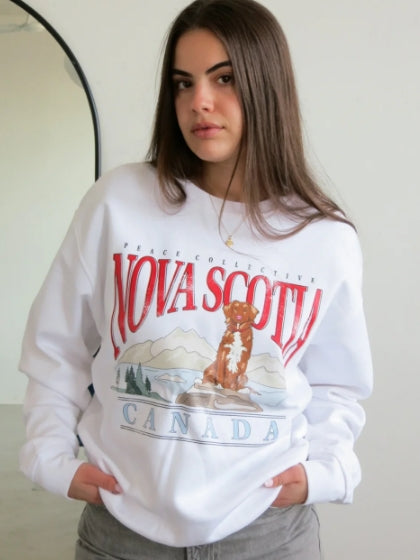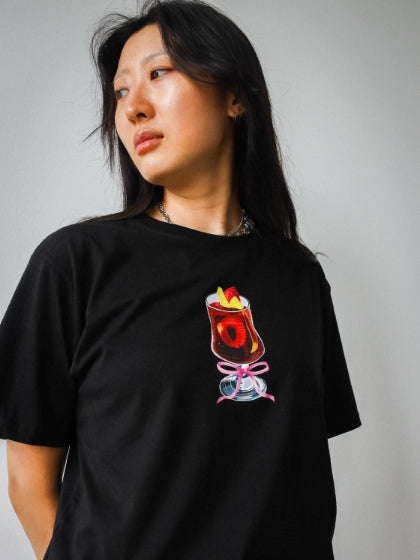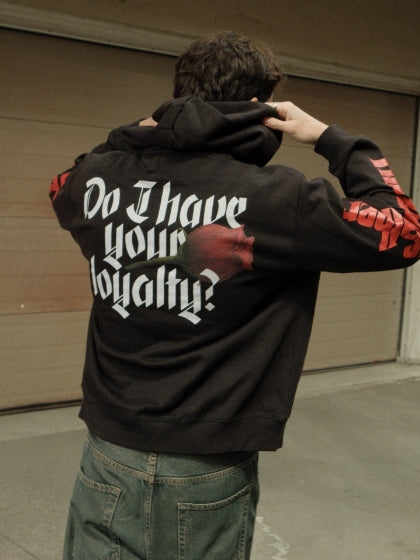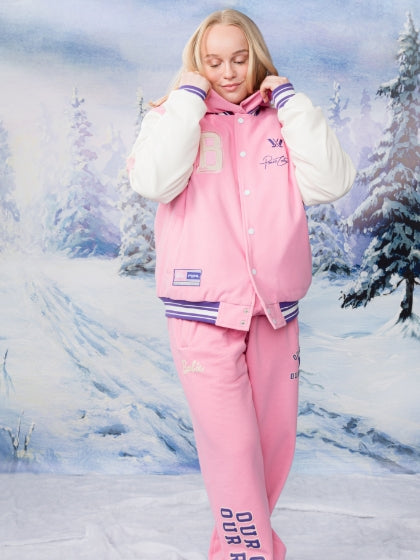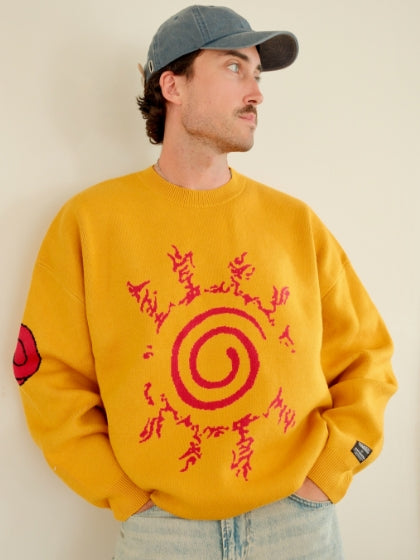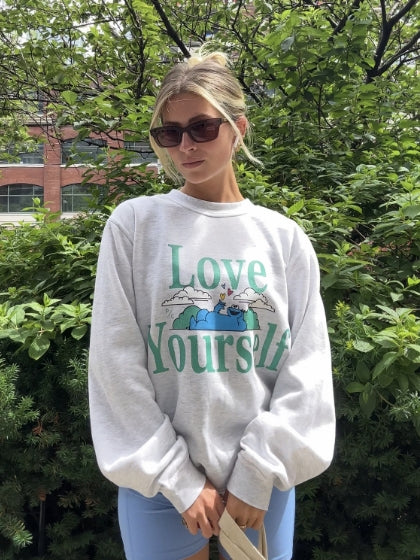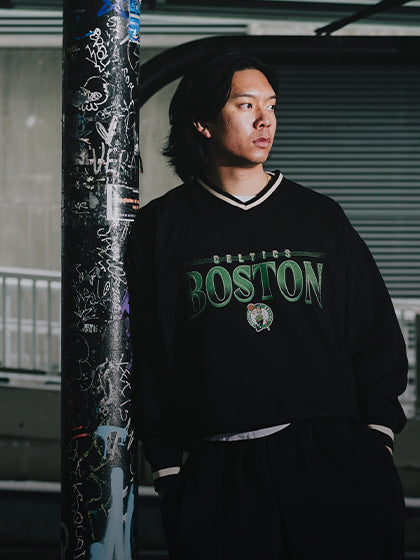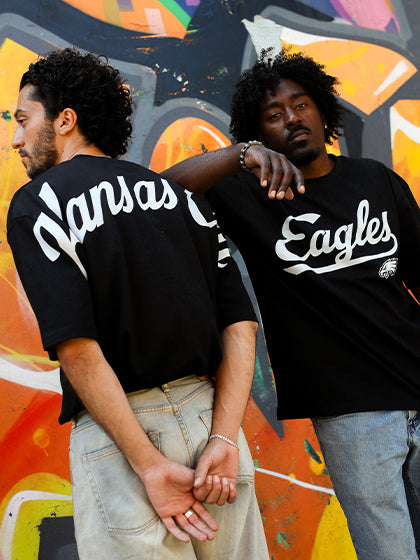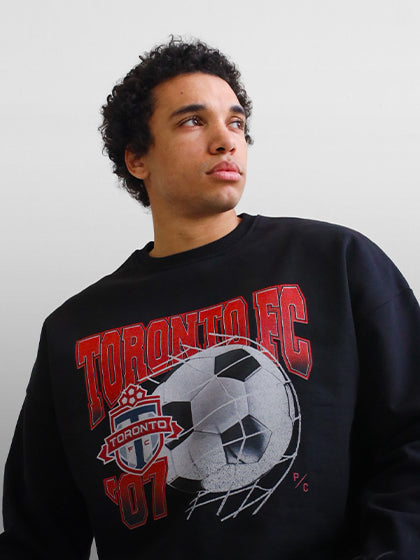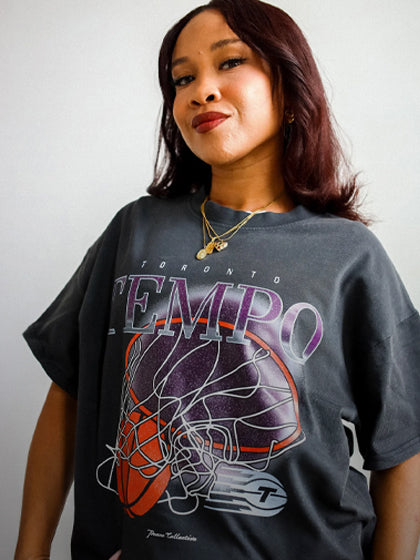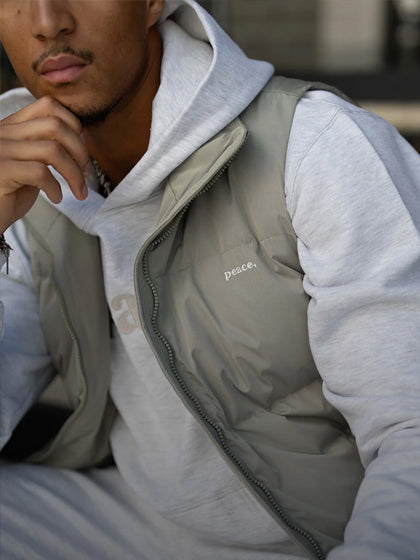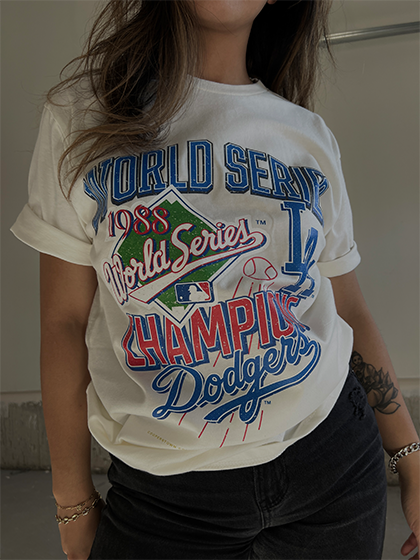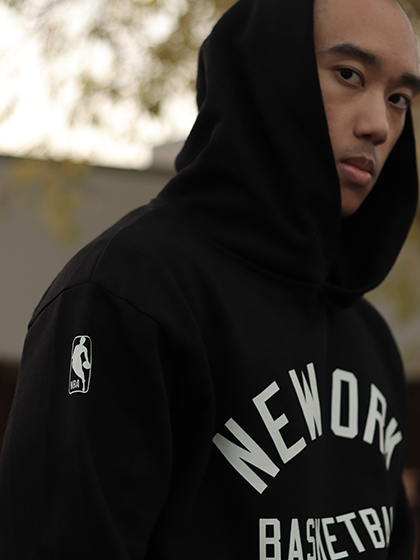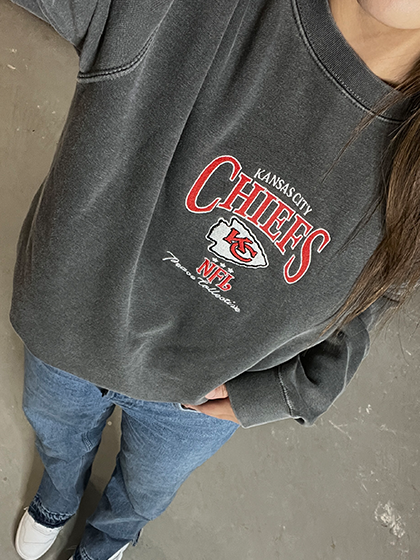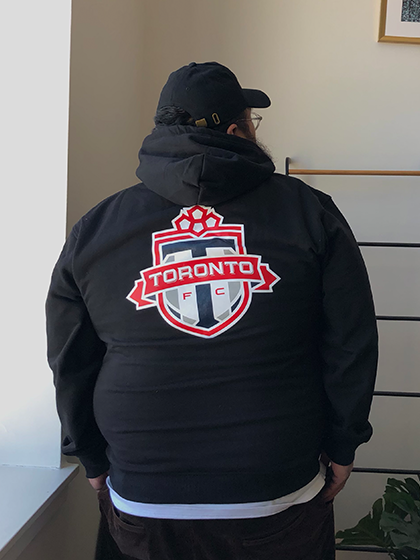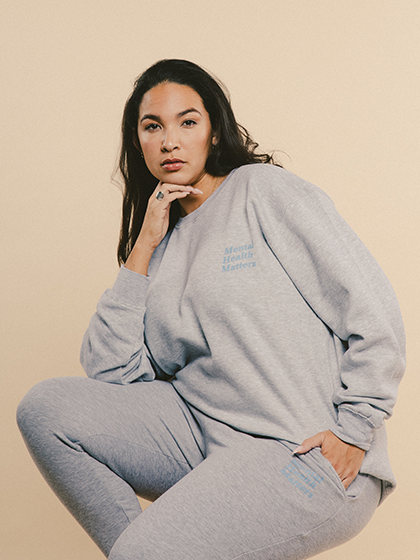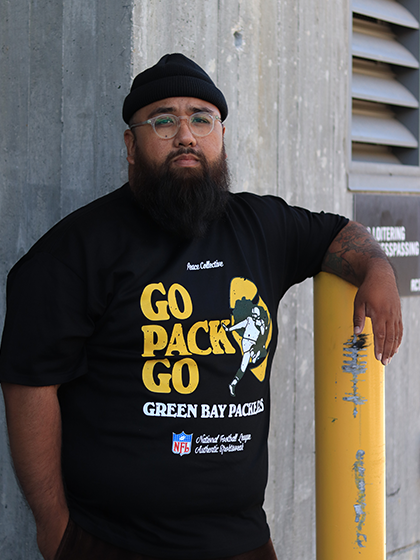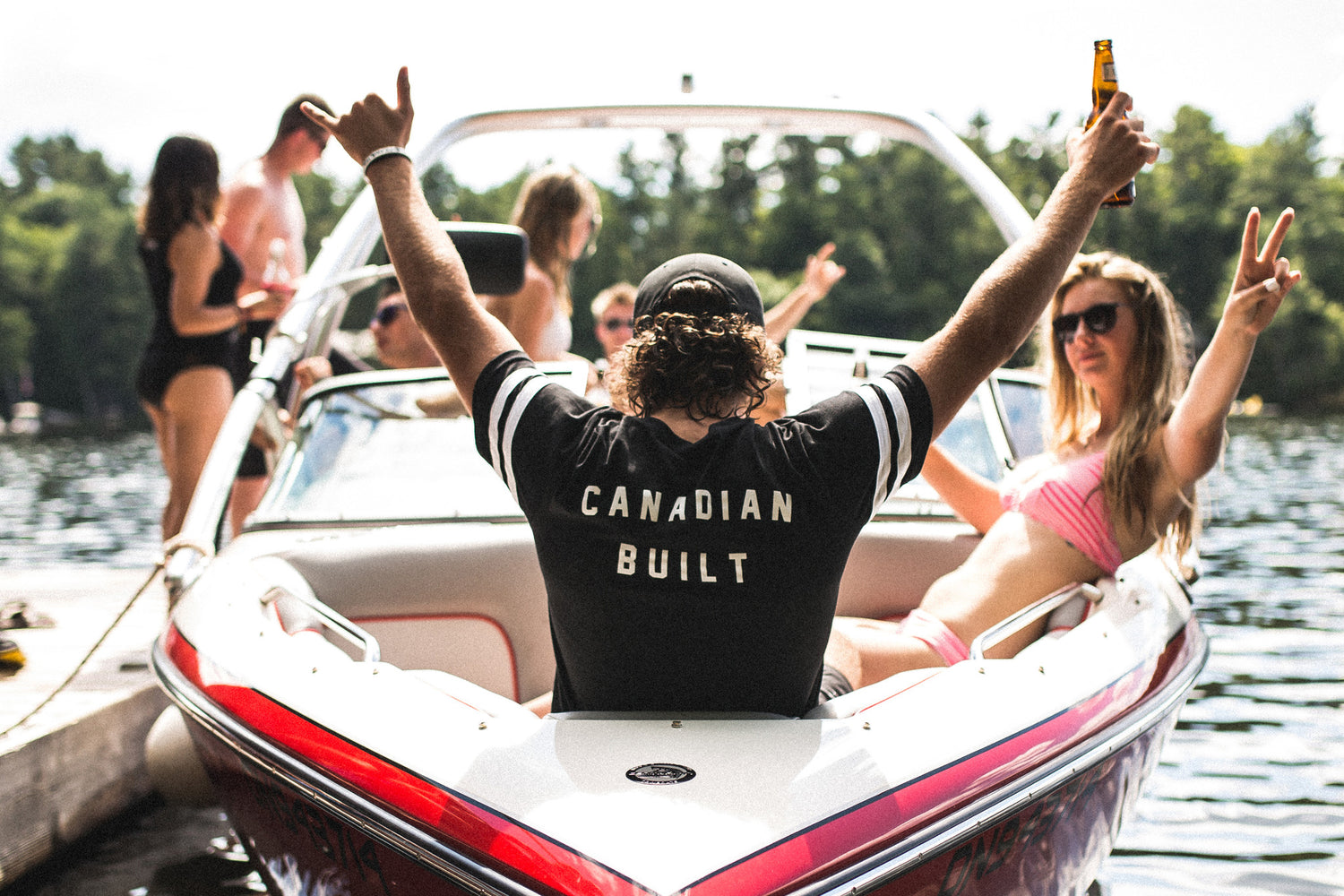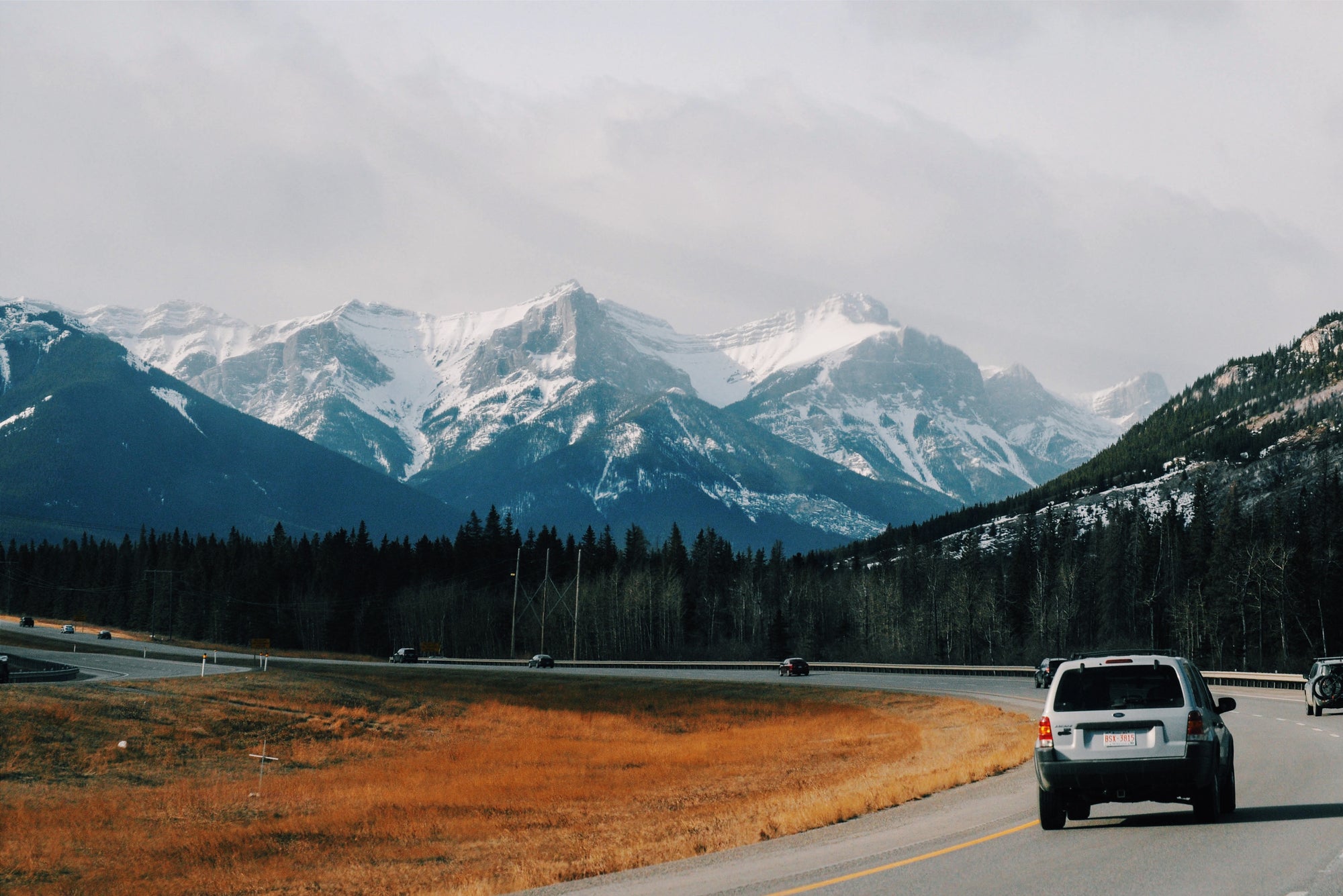Writer: Sarah Eskandarpour
 Be it a smell, sound or place, the mind has a peculiar habit of holding onto things we may not always consider important. These memories are not formed by choice - we don’t know which songs or smells are going to take us back to specific moments in our lives. Yet, these connections are formed. You hear a song that reminds you of the time you were Christmas shopping with your family at Hudson’s Bay. You pick up the scent of an old boyfriend’s cologne walking down the street. You’re taking a different route home and all of a sudden you’re five years old again passing the apartment in which you grew up. However arbitrary these flashbacks may seem, they’re a sign that these smells, sounds and places meant something to you.
Be it a smell, sound or place, the mind has a peculiar habit of holding onto things we may not always consider important. These memories are not formed by choice - we don’t know which songs or smells are going to take us back to specific moments in our lives. Yet, these connections are formed. You hear a song that reminds you of the time you were Christmas shopping with your family at Hudson’s Bay. You pick up the scent of an old boyfriend’s cologne walking down the street. You’re taking a different route home and all of a sudden you’re five years old again passing the apartment in which you grew up. However arbitrary these flashbacks may seem, they’re a sign that these smells, sounds and places meant something to you.
When we visited Muskoka, we spoke with five families who can attest to the connections we make with things outside of ourselves. Every summer, the Roells, Rölls, Rossis, Durnis and Smails flock to Bala Bay, a part of Muskoka where their most special memories have been formed. These families have touched every corner of the earth - from Hawaii to South Africa - and yet maintain that Muskoka is unrivaled in its energy. Their travels have only reinforced the attachment they feel to this special part of Canada. We spoke to them about the connection they feel to the place, why they have come back every summer since 1962 (some families for centuries) and how their relationships have been affected by this special part of our country.

What’s the best memory you have of Muskoka?
Kris Röll: As a memory, I’d have to say Eric [my husband] taking me to the falls. It was just the best ever.
Peter Roell: I don’t have just one solid memory. As a kid, we had a canoe and my whole world was our dock to the small island in the middle of the bay. I think the best thing about us coming back here is our five families getting so tight. Not just here, but around the world. It’s been great friendships.
Diane Roell: Yeah, that’s huge. To sum it all up, it’s the friends that we’ve made at the cottage. I’m sure the kids will say the same thing.

Parent: was it important for you guys to have your kids grow up here?
Kris Röll: Very. Diane and I have said so many times, “what would we do with the kids in the summer if we didn’t have the cottage?” When you’re used to being in the city, you find things to do but I wouldn’t know what to do if we didn’t have the cottage.
Diane Roell: It’s fantastic here.
Peter Roell: We would never think of going anywhere in July and August. Because those ten weekends we are busy being here. It’s just no. It’s been a huge part of everyone’s life from the beginning.
Kids: Is it important for you to raise your kids here and give them the same relationship you guys have with this place?
Marcus Smail: Absolutely.
 How do you think spending the summers in Muskoka has shaped you?
How do you think spending the summers in Muskoka has shaped you?
Mike Röll: Beer belly, definitely.
Steve Roell: Muskoka has shaped me into an apple.
Carson Röll: It really just brings you back to nature. You see what you have up here and what you can get away with. At our cottage, we don’t have a television or a landline but we’re okay with that. You don’t take anything for granted. It’s so peaceful here. You just know ‘I’m here and I’m not too worried all of mine or the world’s problems’.
Drew Durni: No matter what happens during the year you know you’re going to come back here for the summer. Every problem you have is shifted into perspective. You know you’ll be in Muskoka in the summer and it just mellows you out. It’s your happy place.
Do you have any traditions that you do every summer?
Diane Roell: Well, Kris has her famous Canada Day party every year and the Smails do their Fourth of July celebrations.
Peter Roell: May 2-4 is always a great weekend. There’s the cranberry festival, Thanksgiving.
 Drew Durni: This year it’s been watching the sunset every single night. We don’t even text each other, we just pick each other up.
Drew Durni: This year it’s been watching the sunset every single night. We don’t even text each other, we just pick each other up.
Mike Röll: Yeah, people are just sitting on the dock and you ride out to see if there’s someone to be picked up and if there is, you just go out and grab them.
What’s something you guys make sure visitors see or do when they’re here whether it’s for the first time or the hundredth?
Diane Roell: It’s very laid back here and when we have company whose never been to a cottage before, we want to share it all with them. The days are all different, dinner is whenever and we just want people to enjoy themselves as much as they can.
How has Muskoka changed over the years?
Peter Roell: It was never hip in the 60s like it is today. It’s a destination now, they’re calling it the “Hamptons of Canada”. There are restaurants and bars which we didn’t have before.
Has the modernization of everything changed the Muskoka you guys love?
Peter: Not at all. I dont think it has deluded the experience whatsoever, if anything it has enhanced it. There’s nothing wrong with having warm water, a fireplace and a sauna.
 When you get older, how are your cottages going to look? What will you do differently?
When you get older, how are your cottages going to look? What will you do differently?
Dylan Durni: There will be bridges between all of our cottages.
Steve Roell: We’re all just gonna live with squirrels. I don’t want to affect nature.
What do you think it is about Muskoka that keeps you coming back? Why are you so drawn to this place?
Marcus Smail: There’s a lot of nice places out in the world. Even in Muskoka itself there’s a lot of nice places but Bala Bay is just so close knit. It’s the people that really make the place. We bring all our friends up just to meet these guys and have a great time. That’s really what makes it a true Muskoka time.
Do you guys think that there are other people on other lakes who share the connection and bond you guys share?
Alex Roell: Maybe not as much where it extends to the parents but yeah, I work with people who have similar friendships. We’re more like a family.
Carson Röll: We always brag about how cool everyone here is. Everyone is awesome. You just love to see everyone from every cottage.
Drew: Whenever there’s a lull in the conversation, which there normally isn’t, it always goes back to how happy we all are to be here and how thankful we are to be together. We express gratitude every day and that’s what makes it so special. We are in love with this whole thing.

Do you think you guys would share the same bond if Muskoka wasn’t a part of your lives?
Mike Röll: No, this place is so special.
Dylan Durni: When we’re here, there’s always a list; we have to jump off the bridge, we have to go on a boat ride, we have to get ice cream. There’s so many things you want to do. Then you reminisce on the times you all did it together and it makes you want to revisit those places again and again.
Steve Roell: If we went to the same school or something, we wouldn’t hate each other but we definitely wouldn’t be so close.
How is Muskoka different than anywhere else?
Peter Roell: For me, cottages aren’t just about happy hours and boating. There’s also some hard work. It’s raking, cleaning, chainsawing and general chores but it’s fun. I do the same work at home and I hate it. I do that work here and I love it. It’s the vibe.
Dylan Durni: It’s the people.
Alex Roell : I was sitting up on the boathouse the other day just people watching and I noticed something. This is everyone’s happy place. Every single cottage, everyone who’s here right now is loving it. They want to be here. I can tell that people I don’t even know are loving life and appreciating this place so much.
Steve Roell: Just the amount of trees, too. There are so many trees you have to squish cottages in between them.
Mike Röll: Peace and tranquility. It’s so at ease.

Describe the perfect day for you guys at the cottage.
Kris Röll: My perfect day would be what we do pretty much every Saturday. Bacon and eggs on the deck overlooking the water. Then just having a boat ride or taking the kids water skiing.
Diane: Same. You have breakfast, lunch and dinner outside. People are coming over, swimming, boating and just hanging out. But another great day could be a nice boat ride where we go through the locks with everybody in the boat.
Peter: Even a crappy, rainy day is great. You know, you stay inside and play Rimoli or have a uker tournament. At home you don’t think to play games. You don’t pick up a board game but here it’s natural.
Mike Röll: For me it’s everyday.
Describe Muskoka in one word.
Mike Röll: Dope.
Steve Roell: Heaven.

These families all come from different places. They leave in the winters and come back in the summers. They’ve spent years hanging out in the same cottages, the same lake, the same boats, with the same people. They get together on Thanksgiving and every special occasion possible. Even now, 20+ years later, when they have their own lives and their own freedoms, they’re still coming back to the same thing. Why? Because when a place feels like home - when every boulder, trail, and wave is as familiar as your own habits - you hold on and you never let yourself get too far. The moment the Peace Collective team entered Muskoka, we understood why Muskoka is a place to be explored. We are grateful to have the Roells, Rölls, Smails, Rossis and Durnis welcome us into a place that so perfectly represents each one of them - just as Canada represents each one of us.


